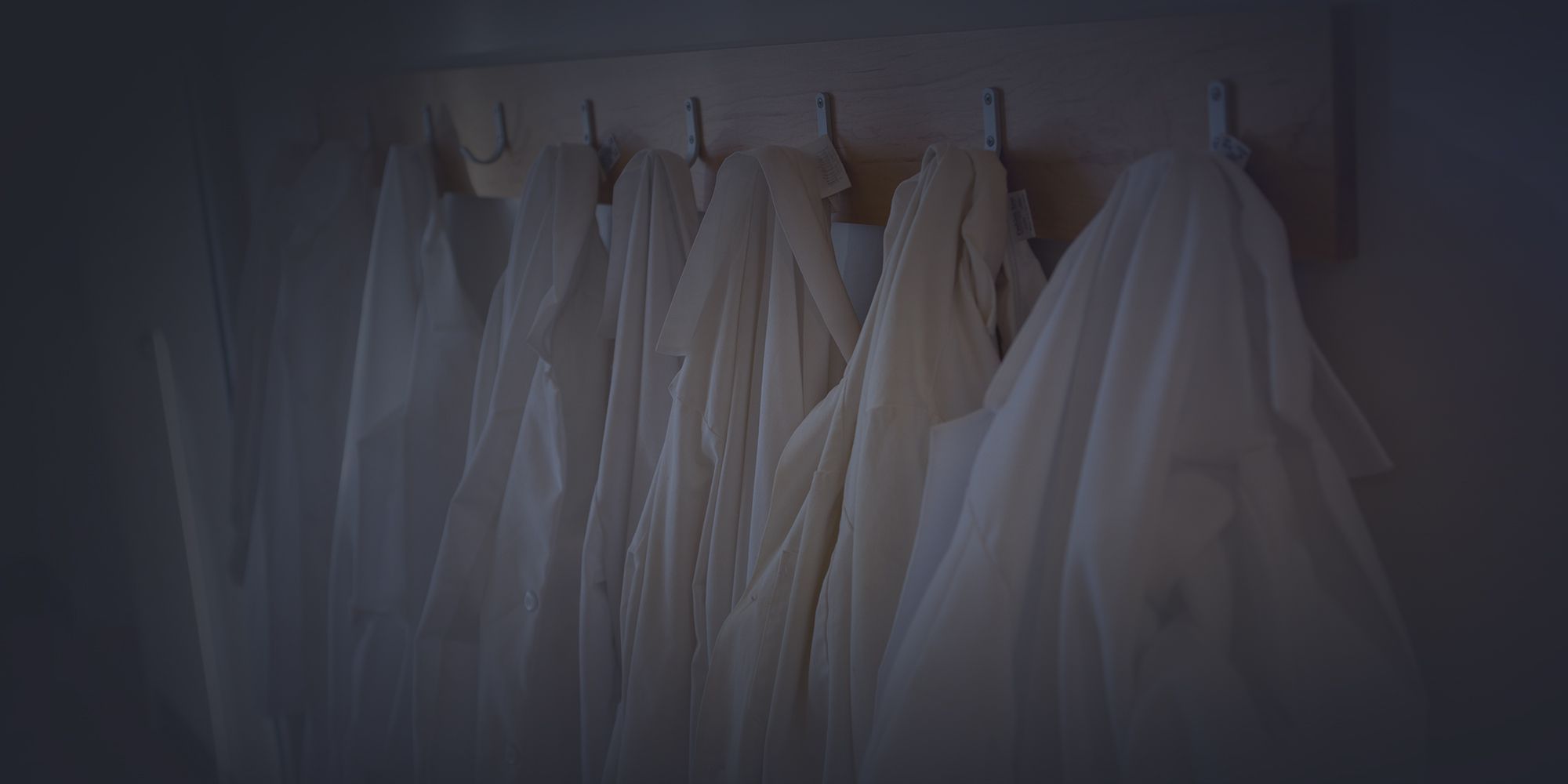
Meet an IGI Scientist: María Florencia Ercoli
This series introduces the public and fellow researchers to our talented scientists. We interview different IGI members to find out who they are and what makes them passionate about science.
María Florencia Ercoli, who goes by Flor, is a postdoctoral research in the Ronald lab at UC Davis, where she studies the gene regulatory networks controlling plant development and immunity. She is working on a new IGI climate project, investigating how rice root architecture affects microbes that produce greenhouse gases.
WHERE ARE YOU FROM?
I used to live in Argentina with my parents in a small town. I moved to a big city, Rosario, for college. I came to Pam Ronald’s lab here at Davis to do a postdoc three and a half years ago. I really like Davis — it’s hot like Rosario, but it’s a dry heat. In Rosario, it often rains in the middle of the day and the humidity gets up to 90%! So this is wonderful.
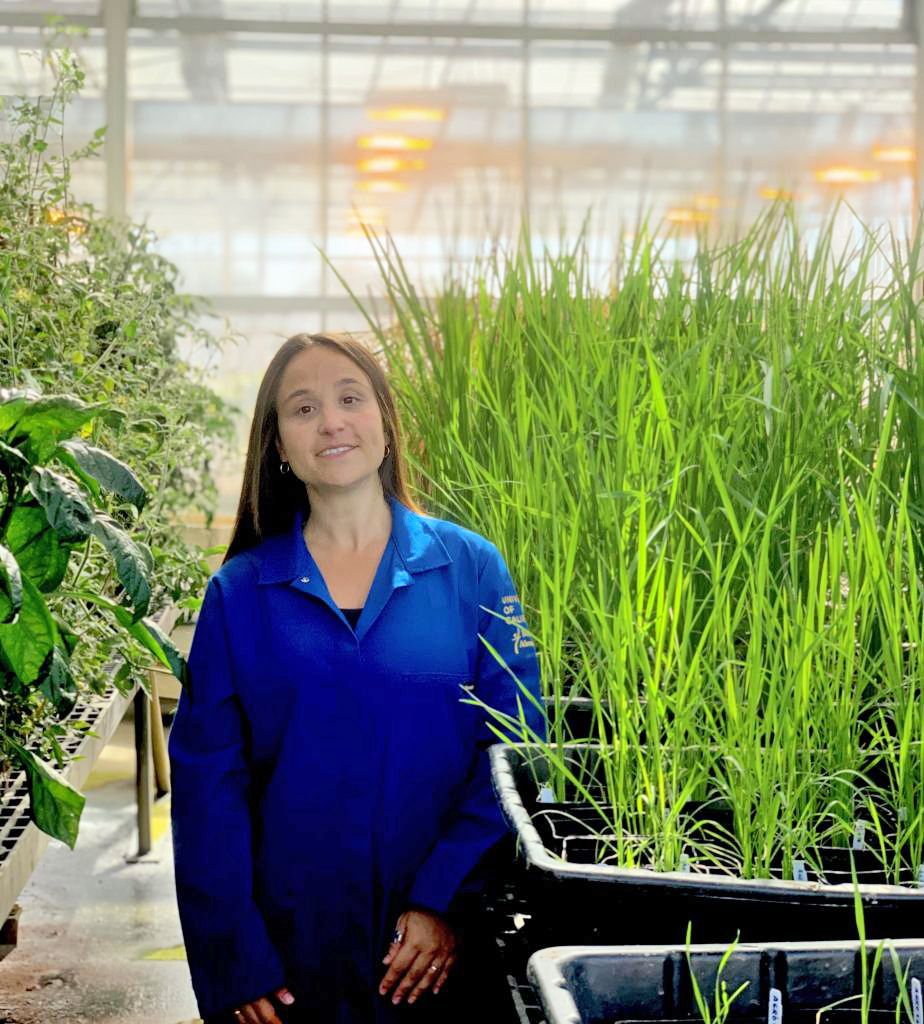
WHY DID YOU BECOME A SCIENTIST?
In my family there are no other scientists — I’m the first one who went to college. I have been interested in science since I was really young. When I was seven or eight years old, I asked for a chemistry kit to start doing some experiments. I’d invite friends over and instead of doing standard magic tricks, I did chemistry experiments. We’d share secret messages with invisible ink and then use light to discover the messages. And I think those magic tricks were the spark of curiosity.
For high school, I went to a farm school. In the morning, I’d focus on biology courses, and in the afternoon, I’d work with animals and crops on the farm. I was lucky to have excellent professors during high school and they really motivated me. They’d say, “Why don’t you go to college? You can major in biotechnology. I think you will like it.” My parents never told me about college because that was just not part of their world, but they always supported me. I found myself studying and loving science.
WHAT DO YOU LIKE TO DO BESIDES RESEARCH?
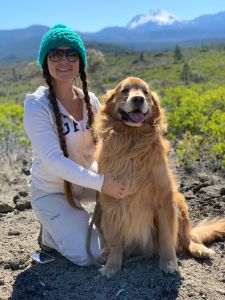
When I was in Argentina, I used to dance flamenco. I couldn’t find flamenco in Davis, but I do Zumba and camping and hiking. I’m enjoying the wildlife here — finding birds and learning about birds. When you’re a scientist, you can’t go far away from science!
TELL ME ABOUT A FUNNY MEMORY YOU HAVE OF WORKING IN THE LAB.
In Pam’s lab, I got a chance to do plant transcriptomics experiments using roots from Arabidopsis, which is a really tiny plant! So to collect enough samples, I needed to use hundreds of Petri dishes. I felt bad about using all that plastic. So instead of just throwing them away after, I used them to make different kinds of buildings. The first one I did was the Empire State Building. Next I built the Burj Khalifa in Dubai, which is the highest tower in the world.
One night I was working really late in the lab and suddenly there was a loud noise. I got really scared because it was around 10:00 PM and I was alone in the lab. And then I saw that my building collapsed, my plates were a mess and running away from me!
WHAT WOULD YOU BE DOING IF YOU WEREN’T A SCIENTIST?
I’ve always loved to paint and learn about art. In high school, my professors were saying, “You must decide between biotechnology and art.” I chose science, but I think there is a lot of art in science — every time you prepare a figure for manuscript or use a diagram to communicate about your results.
HOW DO YOU SEE THE ROLE OF SCIENCE IN THE COMMUNITY?
Over the last year, we’ve seen just how important science is. But it was kind of like a cartoon: like scientists were inside the box and when the pandemic hit, people opened the box and said, “You can go outside, solve a problem, but then you have to come back to the box. Please don’t complicate things.”
I understand that sometimes science can be really complicated to explain to the general public. But essentially science is what makes the wheels go on. And it helps us to understand what is behind things that are happening. I think understanding that is part of what we need to make things go better.
As I told you, I’m the only scientist in my family and I’m now far away. You cannot imagine how hard I’ve been trying to explain COVID to my parents, to my brothers — how important it is to wear a mask, why you should get vaccinated, to not be scared and trust the science.
HAVE YOU BEEN ABLE TO GET THROUGH TO THEM?
I still have one brother that is not wanting to receive the vaccine. I try to explain to him, but he doesn’t want to listen to me. My parents and my other two brothers listen, but not this one. However I remain confident that with time the evidence of vaccine efficacy will prove to him how important they are.
I’m talking now about the pandemic, but years ago it was discussions about GMOs. “These tomatoes don’t have any flavor. It’s because of biotechnology.” But it’s not about that! I think the important thing is to not get angry and just try to find the best way to explain what is behind what people are noticing or worried about.
TELL ME ABOUT SOMEONE OR SOMETHING THAT INSPIRES YOU.
I’ve had good mentors, starting with my parents. Even though they didn’t go to university, they showed me how to be resilient. If you asked me, ‘What makes you a good scientist?’ I would say that.
I’m always inspired by people doing good science, high-quality research, and who are humble and accessible, even though they are great scientists. I’ve been lucky to have those kinds of mentors in my Ph.D. and now in my postdoc, too.
And it’s good imprinting! Now I am mentoring people and I would like to be a good mentor. You really can influence a person’s pathway in a good or a bad way. So, we need to be really careful on how we mentor people.
You may also be interested in
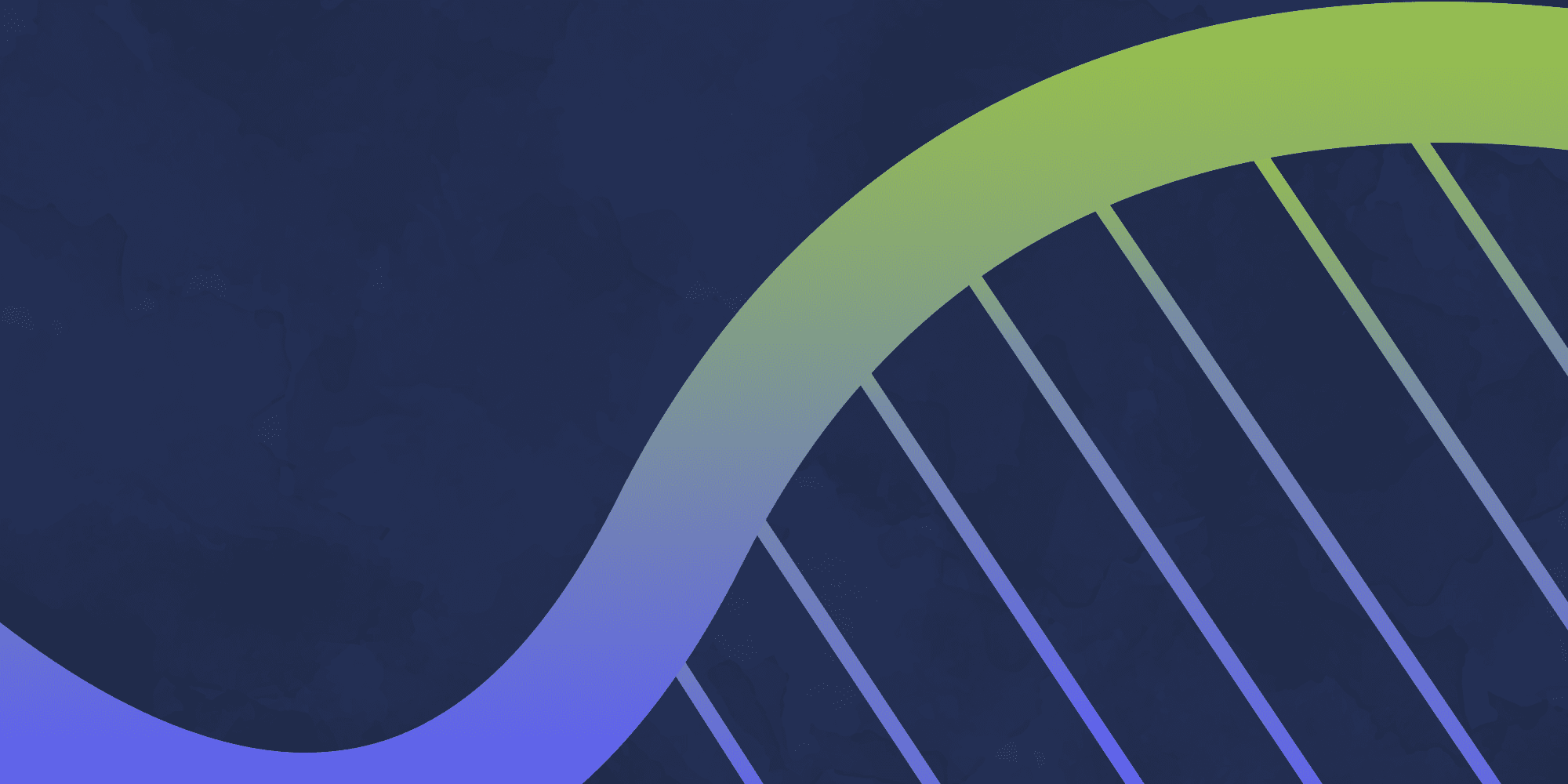
IGI Seminar Series: Progress and Challenges in Delivering Cassava with RNAi-mediated Resistance to Cassava Brown Streak Disease to Smallholder Farmers in Africa – It’s Not Just About the Technology
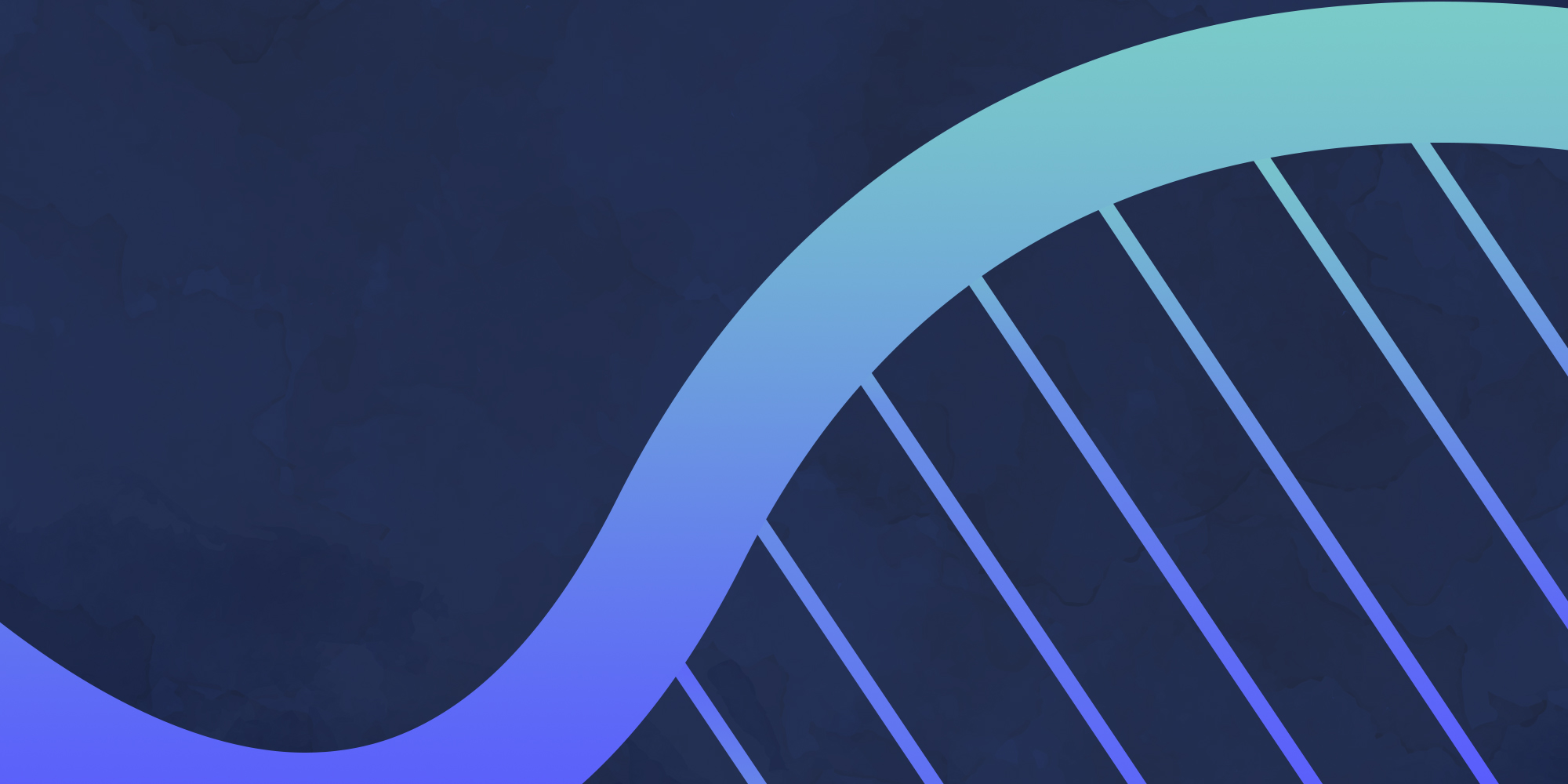
IGI Seminar Series: Empowering Teachers, Transforming Classrooms: Advancing K-12 STEM Education
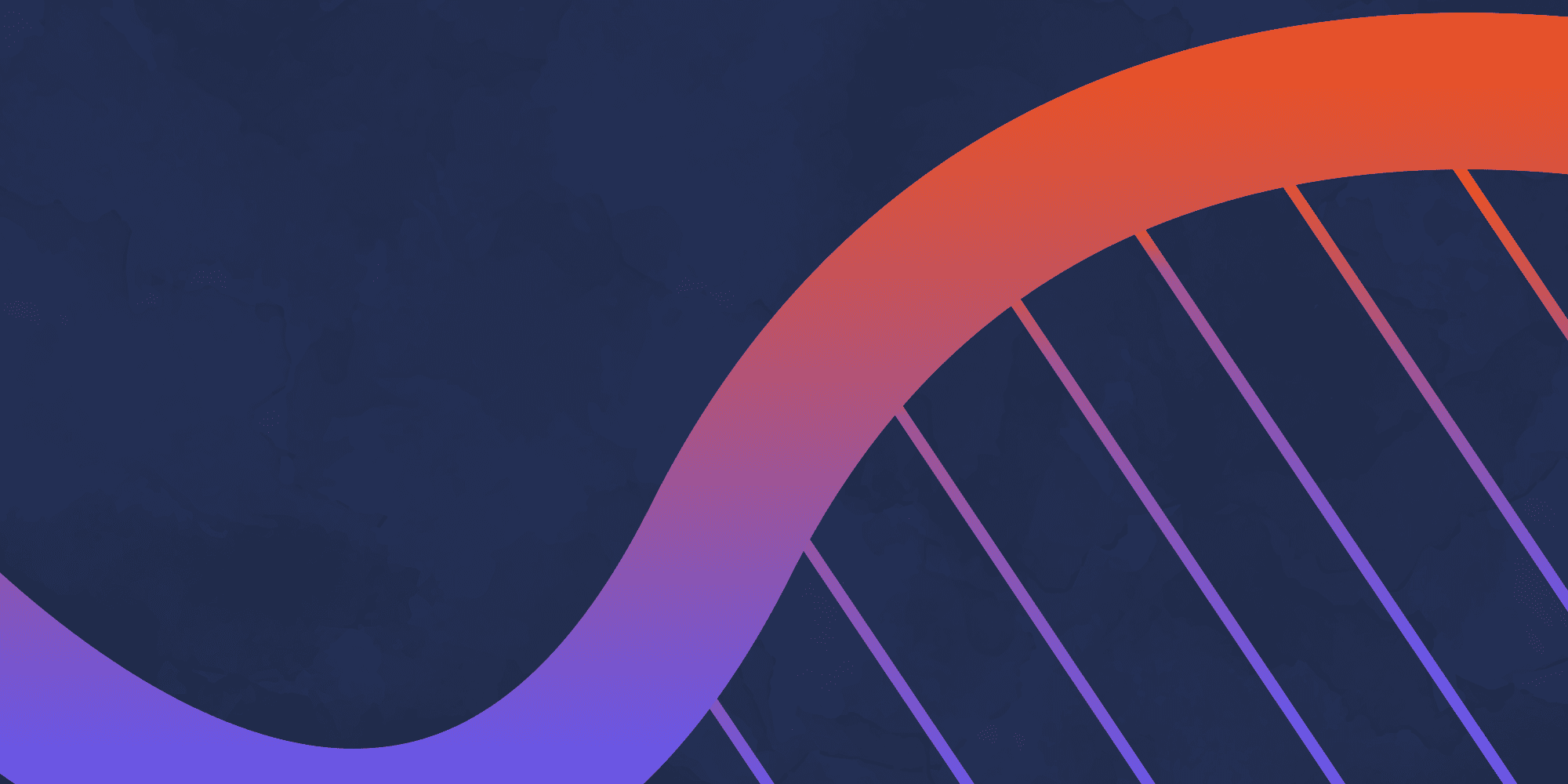
IGI Seminar Series: Writing DNA with RNA: Genome Engineering by Target-Primed Reverse Transcription
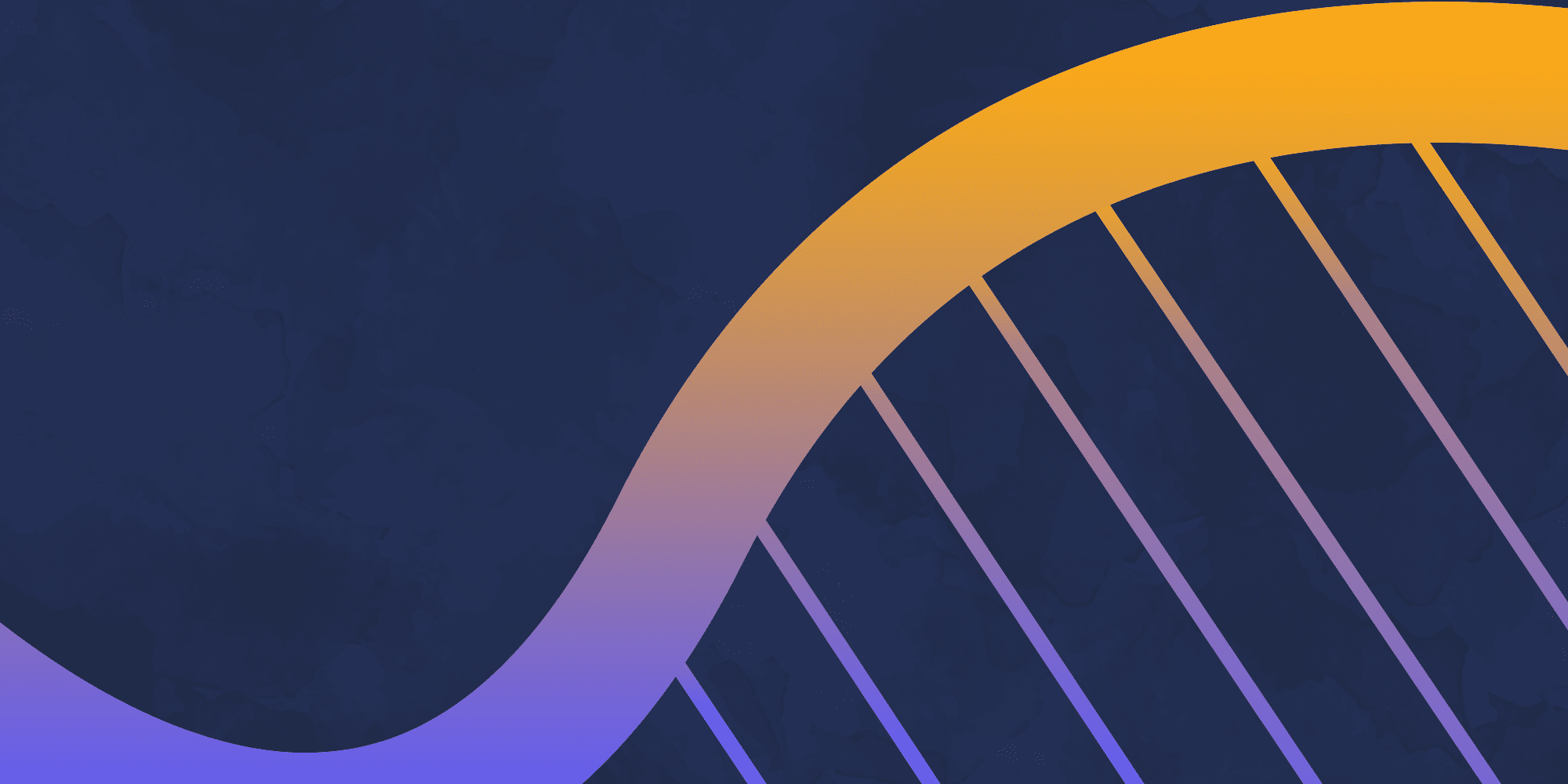
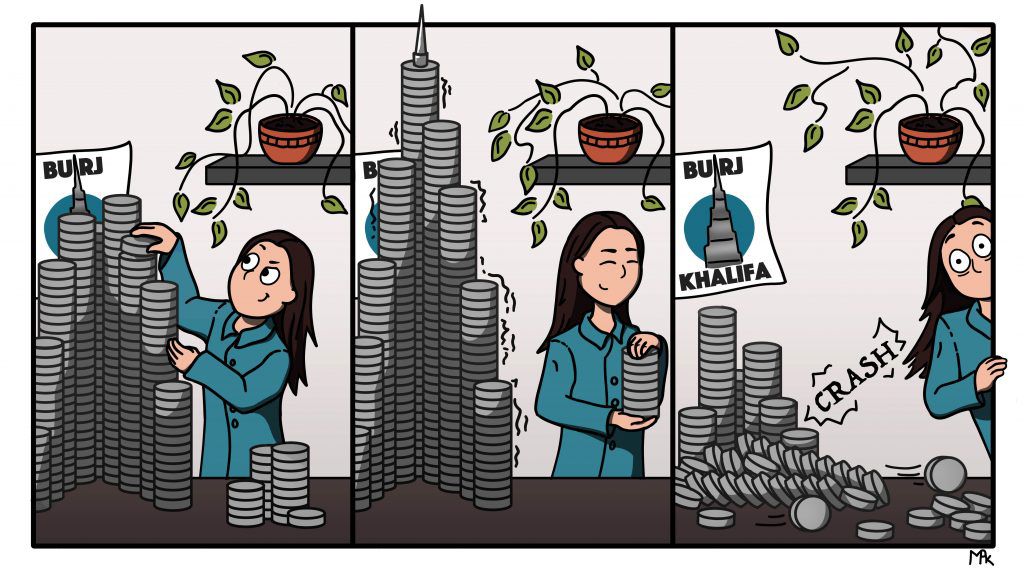
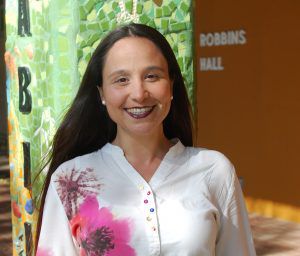
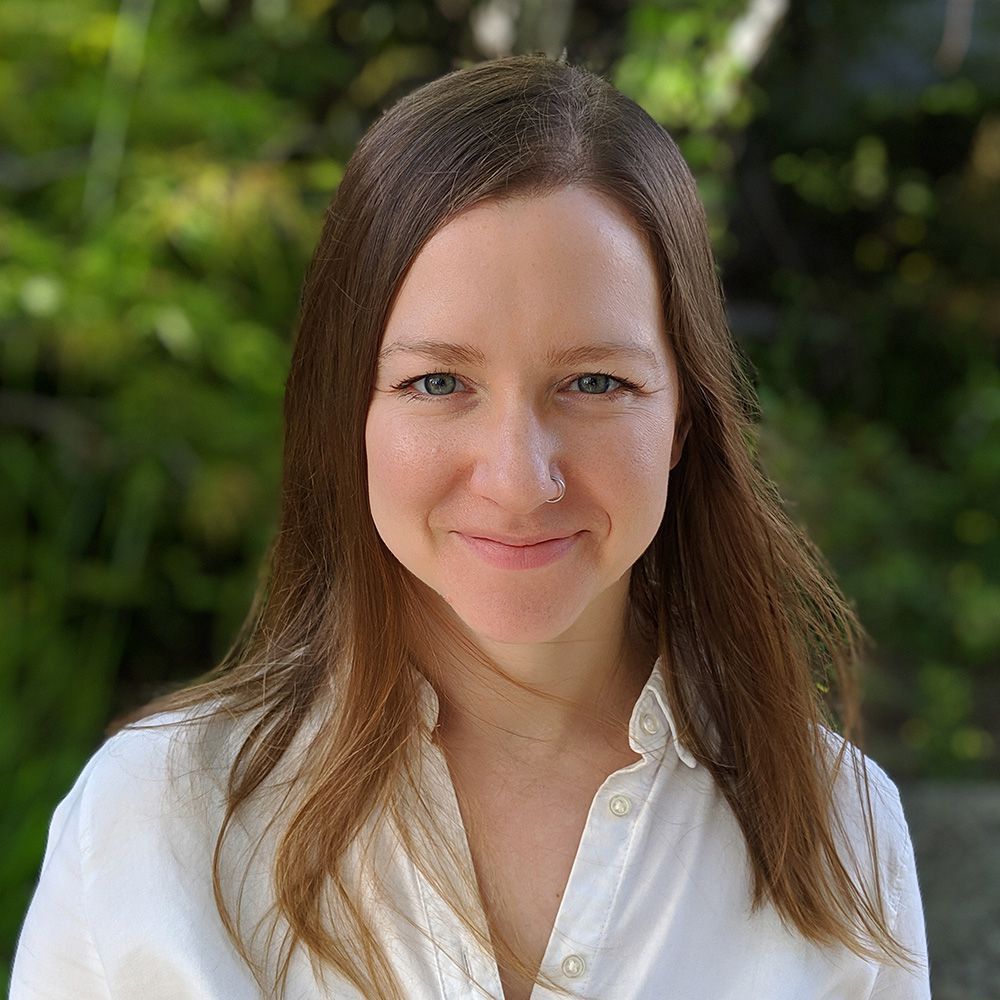 By
Hope Henderson
By
Hope Henderson